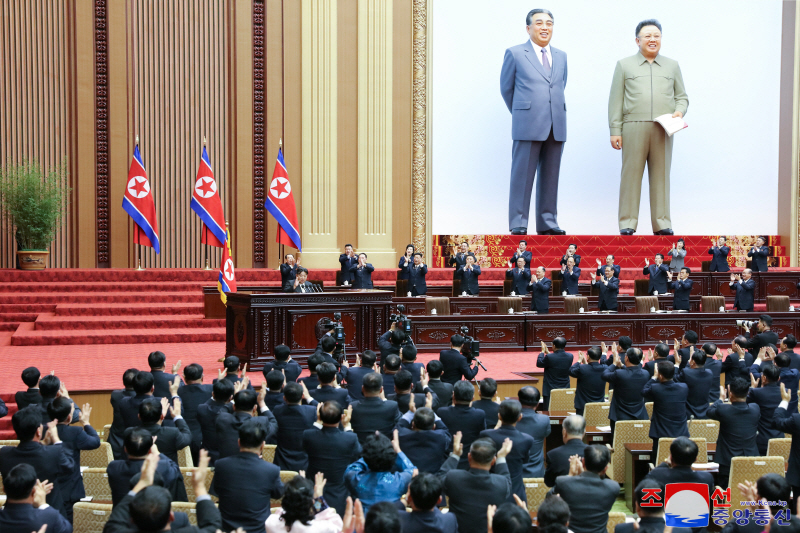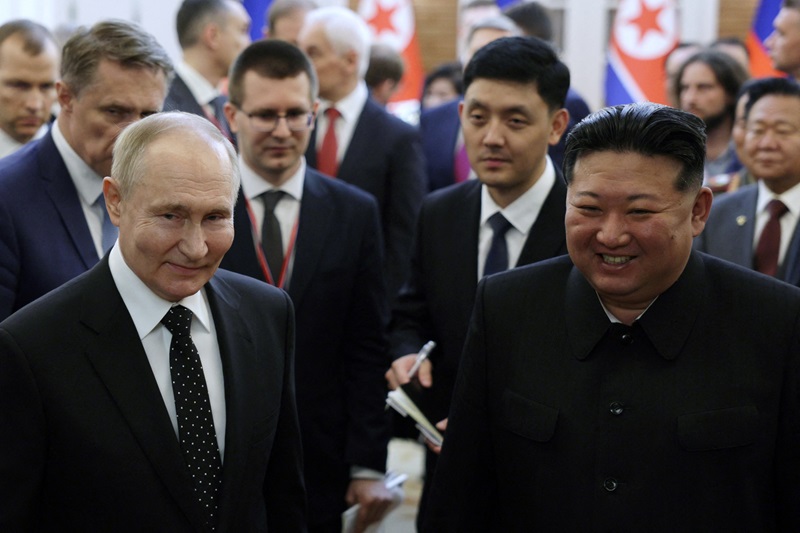North Korea is set to convene its Supreme People’s Assembly, the nation’s equivalent to a parliament, on October 7 to discuss potential constitutional amendments.
One key issue expected to be on the agenda is the revision of language defining South Korea as the “primary enemy” and the removal of terms related to reunification, following directives from the North Korean leader Kim Jong-un.
During a Workers’ Party meeting at the end of last year, Kim defined inter-Korean relations as those of two hostile nations at war. At the Supreme People’s Assembly held earlier this year, Kim called for constitutional changes to designate South Korea as the foremost adversary and to eliminate all references to “peaceful reunification.”

North Korean state media echoed this stance, broadcasting messages stating that “it is proper to clearly stipulate South Korea as the number one enemy, an unwavering adversary, in the constitution. Phrases such as ‘peaceful reunification’ and ‘great national unity’ must now be removed.”
Kim Jong-un has also ordered the inclusion of new constitutional provisions regarding territory, territorial waters, and airspace, clearly defining the scope of North Korean sovereignty while erasing all references to reunification.
It is anticipated that specific geographical terms, such as the Northern Limit Line (NLL) in the West Sea, will be mentioned, as Kim has previously rejected the NLL and asserted territorial claims around Yeonpyeong and Baengnyeong Islands, currently under South Korean jurisdiction.

Additionally, any notions of South Korea as a counterpart for reconciliation or reunification, or as part of the same ethnic group, are expected to be completely erased.
Further revisions may include provisions concerning the occupation, pacification, and annexation of South Korea in the event of a war on the Korean Peninsula, as well as reinforcing educational campaigns that define South Korea as North Korea’s permanent and primary adversary.
There is increasing speculation that North Korea might ratify the “Comprehensive Strategic Partnership Treaty” it signed with Russia in June during this session. According to Article 22 of the treaty, it will take effect once both countries exchange ratifications.
BY YOUNGNAM KIM [kim.youngnam@koreadaily.com]



